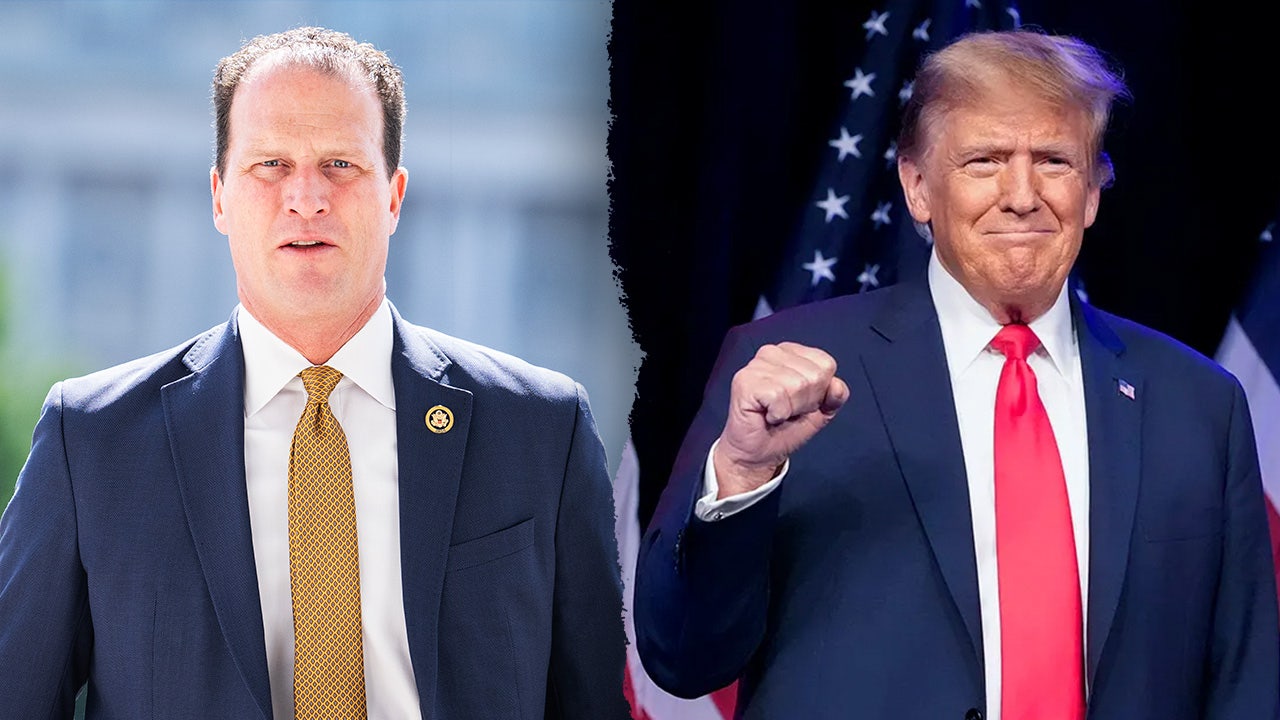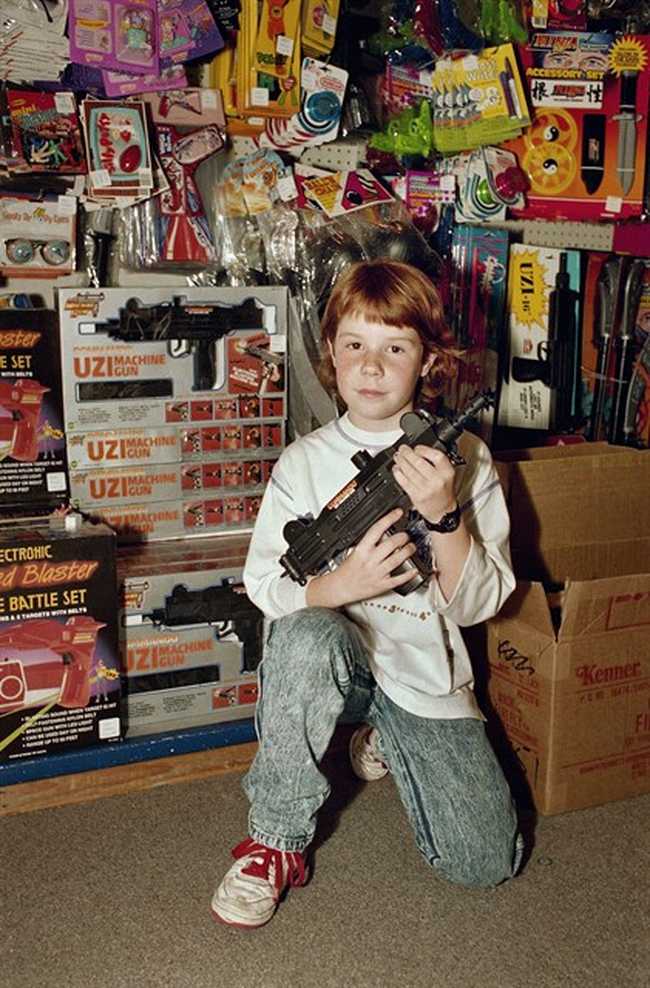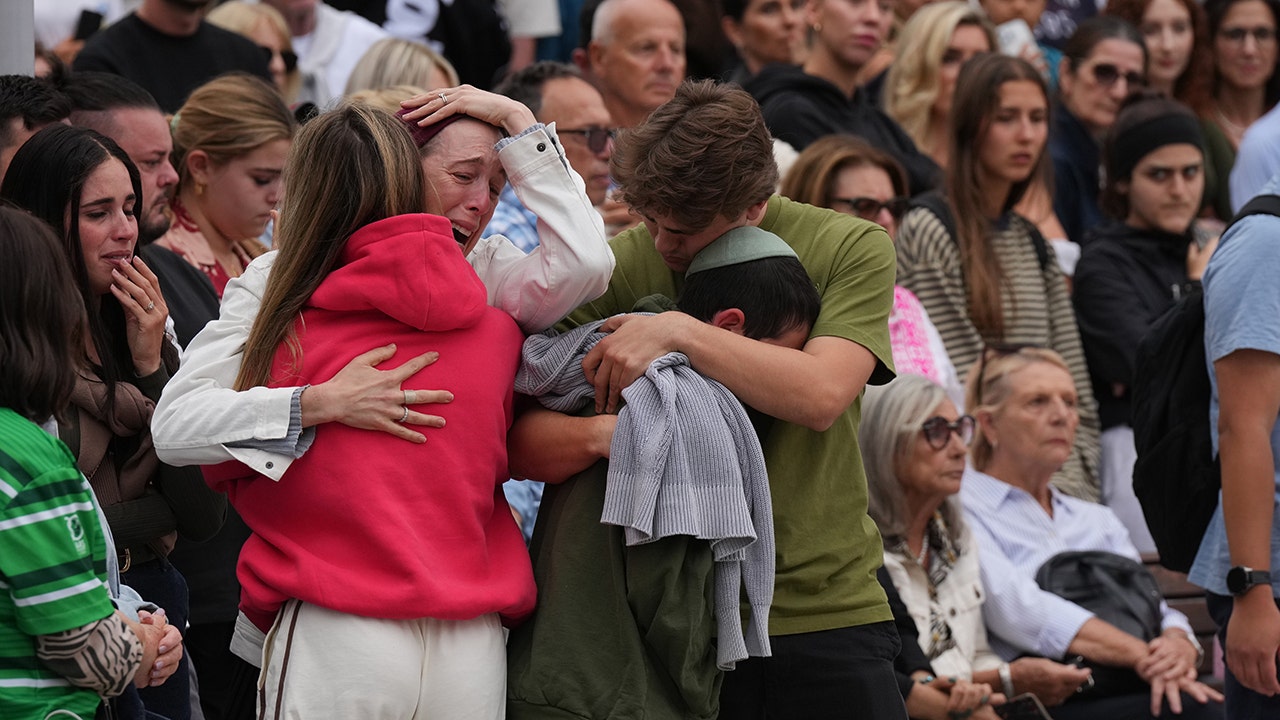I’ve only been kicked out of a coffee shop once — in Sarajevo — by its Muslim Bosniak owner, a flustered old man whose extent of the English language, in that moment, began and ended with the crystal-clear command “OUT!”
My crime? I pulled out my computer to do what I’m doing right now: typing away in a coffee shop.
The future won’t be a total rejection of digital life, but a deliberate recalibration of it. One where we build spaces that embrace work and others that invite embodied, human experiences.
Unbeknownst to me, I had broken the cardinal rule of coffee house worship: Don’t bring digital idols into the house of caffeinated prayer.
Coffee clash
The digital age has created a clash of coffee civilizations. In the “old world,” coffee houses are sacred institutions, literally beginning in the halls of 15th-century Sufi monasteries — the secret to Yemeni monks enduring long nights of prayer. By the 16th century, the first true coffee houses, or qahveh khaneh, had opened in cities like Istanbul. These were not just places to drink coffee. They were places to gather. To think. To debate. And to dissent.
When coffee reached Europe, it kept that soul. In Vienna, my new hometown, Austrians added cream and sugar to the sacks of coffee beans left behind after the Ottoman’s failed siege of the city in 1683. They built palatial cafés with velvet chairs and chandeliers to temple this holy elixir.
Soon, the Habsburg Empire had a new kind of salon. Writers, royalty, composers, and commoners alike gathered at these temples to read newspapers, play chess, and argue over art and empire. You could — and still can — nurse a single cup for hours and no waiter would shame you. You weren’t just buying a drink. You were buying time — the right to sit and be human.
But in America, coffee took a different path — one more utilitarian than indulgent.
Fuel, not feast
Thanks in part to our revolutionary break with British tea culture, Americans adopted coffee as a patriotic staple — but we turned it into fuel, not a feast. Civil War soldiers drank it from tin cups. Cowboys slurped it from fireside pots. By the 20th century, coffee had become the liquid of labor, a utilitarian pick-me-up for factory shifts, office jobs, and now Zoom fatigue.
Even Starbucks, the company that tried to inject a bit of European café charm into American life, eventually succumbed to the pressure of the digital age. The café became an office with scones. A public-private workspace. A glorified power outlet.
American-style third-wave coffee shops — the artisanal descendants of our work-addicted brew — are now being exported to Europe. The very places that once viewed coffee as a communal, intellectual rite are filling up with sleek, minimalist cafés that serve pour-overs in silence to solitary laptop users.
These cafés still serve excellent coffee. But they often import an entirely different ethos — one in which the body is present, but the mind is in the digital world. You used to gather in a café to share ideas. Now you gather there to ignore the people around you and answer emails. American coffee shops have become second offices, not sacred spaces. The vaunted “third space,” neither home nor workplace, is dying in America — erased by phones and remote gigs.
In a digitized world, there is no third space. No sacred space. Just “space.” And in the process, the embodied experience — touch, taste, smell, silence — is being lost. Coffee becomes an accessory to the screen, not a destination in its own right. We forget what it means to simply be present. To look up. To linger. To not produce.
But in Europe, where it all began, a new generation of coffee shops is resisting the collapse. Tech-lash is brewing, and European cafés are reviving the original purpose of coffee houses: face-to-face connection. Some are actually enforcing silence and slowness.
But Americans are never ones to be left behind. Even in San Francisco, where cafés are catering to the digital hustle, the vibe is shifting — responding to generational shifts toward more care, more curation, and more community.
RELATED: Conservative coffee shop aims to provide alternative to ‘typical liberal American coffee establishments’
Photo by Smith Collection/Gado/Getty Images
A brewing rebellion
In Vienna, at Julius Reindl, a specialty café in the city’s 7th district, “tech-free tables” are clearly marked. Across town, Phil — a beloved café-bookstore hybrid — bans devices altogether. It doesn’t just invite you to unplug. It insists on it.
The Offline Club takes the idea even further. This community hosts regular tech-free gatherings in cafés across Europe, where guests are asked to leave their phones at the door and engage in analog activities instead — reading, drawing, journaling, or simply talking to strangers. The events fill up quickly. People are hungry for spaces where they can be human again.
Back in Silicon Valley, most cafés have long headed in the other direction. Yet, there are signs that even digital nomads crave a calmer, richer experience. A new spot in San Francisco called Elsewhere advertises itself not as a refuge from the digital world, but as an optimized extension of it. It’s open late. It’s designed for digital workers. Screens are not just tolerated — they’re expected. But the atmosphere is new. “This is more than just a café chain,” Elsewhere promises, pledging members “productivity sanctuaries around the world, and a cultural experience rooted in great flavors and even better community.”
Choosing intentional spaces
During my time working remotely in Bosnia, I rented a desk at a beautiful coworking café called Habitus — designed specifically for digital nomads. There, I could plug in, work hard, and when I needed a break, I stepped outside the glass wall of the workspace into the café itself. I sat among the people. I ate. I drank. I listened. No laptop. No phone. Just coffee and cake — and quiet.
The future won’t be a total rejection of digital life, but a deliberate recalibration of it. One where we build spaces that embrace work and others that invite embodied, human experiences. One where sacredness is not accidental, but chosen.
In our digital age, technology is here to stay, and we have the responsibility of choosing where and how we allow it to shape us. The embodied world — the world of smell, taste, warmth, and eye contact — will not demand our attention the way our phones do. It waits quietly, patiently, for us to return. But we have to choose it. Again and again.
In that sense, the slow rise of tech-free cafés across Europe isn’t just a trend. It’s a quiet act of resistance. A declaration that presence still matters. That meaning requires slowness. That some things — like a good conversation over a warm cup of coffee — are worth protecting.
And maybe that begins with something as simple as putting down your phone — and picking up your cup.
Read the full article here








![Holocaust and Bondi Beach Survivors’ Daughter Calls Out ABC Biased Reporting Live on Air [WATCH] Holocaust and Bondi Beach Survivors’ Daughter Calls Out ABC Biased Reporting Live on Air [WATCH]](https://www.lifezette.com/wp-content/uploads/2025/12/2025.12.18-09.24-lifezette-6943c848cffd0.jpg)


![Ohio Democrat Busted For Felony Child Sex Crimes, Bodycam Released [WATCH] Ohio Democrat Busted For Felony Child Sex Crimes, Bodycam Released [WATCH]](https://www.lifezette.com/wp-content/uploads/2025/12/2025.12.17-01.48-lifezette-6942b4bfd312d.jpg)
